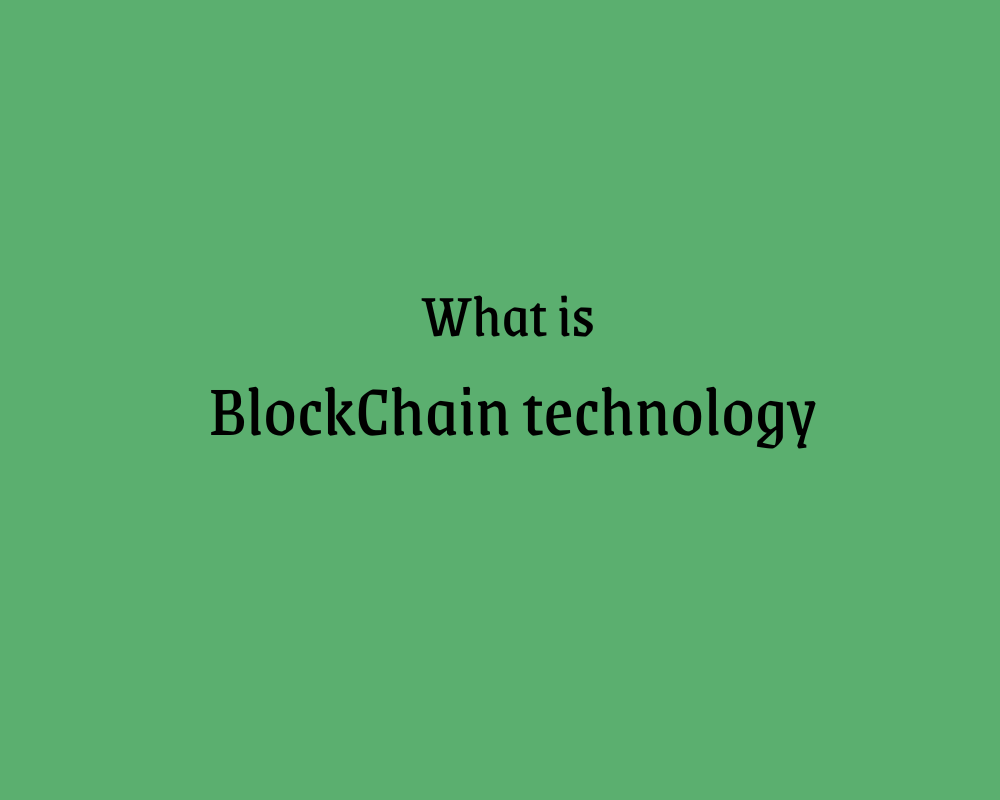Blockchain technology is a decentralized and distributed ledger system that allows multiple parties to record and verify transactions in a secure and transparent manner. It was originally introduced in 2008 as the underlying technology behind Bitcoin, the first cryptocurrency. However, blockchain technology has since evolved and found applications beyond cryptocurrencies.
At its core, a blockchain is a chain of blocks, where each block contains a list of transactions. These transactions are grouped together and added to the chain in a chronological order, forming a permanent and unalterable record of all transactions. The blockchain is maintained and updated by a network of computers, known as nodes, that work together to validate and verify the transactions.
One of the key features of blockchain technology is decentralization.
Instead of relying on a central authority like a bank or a government, the blockchain network is distributed across multiple nodes. Each node maintains a copy of the entire blockchain and participates in the process of validating transactions. This decentralized nature eliminates the need for a trusted third party and reduces the risk of a single point of failure or manipulation.
Another important aspect of blockchain technology is security.
Transactions on the blockchain are secured using cryptographic algorithms, which ensure that once a transaction is recorded, it cannot be altered or tampered with. The distributed nature of the blockchain also makes it highly resistant to hacking or malicious attacks. In order to tamper with a transaction, an attacker would need to control a majority of the network’s computing power, which is extremely difficult and computationally expensive in practice.
Blockchain technology also enables transparency and immutability. The transaction history recorded on the blockchain is transparent and accessible to all participants in the network. Once a transaction is added to the blockchain, it becomes a permanent part of the record and cannot be easily modified or deleted. This feature enhances accountability and trust among participants.
Beyond cryptocurrencies, blockchain technology has various applications across industries. It can be used for supply chain management, healthcare record-keeping, identity verification, voting systems, smart contracts, and more. By providing a secure, transparent, and decentralized infrastructure, blockchain technology has the potential to revolutionize the way transactions and data are managed in numerous sectors.

